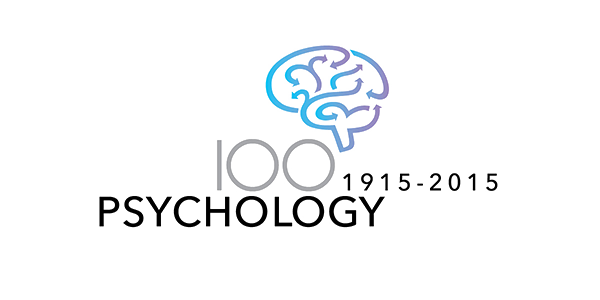Psychology Major
Psychology is a science that embraces both biological and social sciences. It is a science concerned with establishing principles and laws regarding the ways in which people think and behave. Some of the sub-fields within psychology that are taught at Carnegie Mellon include cognitive, social, personality, developmental, educational, clinical, physiological, and health. In all of these areas knowledge is established through the scientific study of human behavior.
The Carnegie Mellon psychology program is distinguished, in part, by a focus on both critical consumption and generation of research ideas and acquisition of research skills. This includes observing behavior, formulating hypotheses, designing experiments to test these hypotheses, running experiments, performing statistical analyses, and writing reports. The department has many resources for students to use in acquiring these skills. For instance, students interested in child development may be involved in the child development laboratory and observational facilities which are a part of the Carnegie Mellon Children's School.
The department has a set of state of the art undergraduate research laboratories. In addition to formal class work, students are encouraged to participate in research projects and fieldwork via a number of opportunities available to them. They may register for Readings in Psychology, Research in Psychology, or an Internship in Clinical Psychology. In the Research course, the student may work on an ongoing research project or develop and carry out a new research project with a faculty member.
This focus on research and the training of skilled graduate students characterizes both the B.A. and the B.S. degree. The requirements for the two degrees are identical with the exception that students receiving the B.A. degree will take two courses in the natural sciences (e.g., biology, physics), while receiving the B.S. degree will take four such courses.
Students pursuing a major in Psychology will:
- Acquire foundational knowledge about the psychological theories and questions that characterize the field.
- Understand the application of the scientific method to the study of human behavior.
- Learn to critically assess the connections between research results, hypotheses, and theories.
- Gain expertise in active research areas in the discipline.
Requirements for the B.A. in Psychology Major
- Calculus
- Two Semester Statistics sequence
- Introduction to Psychology
- 2 Psychology Survey courses
- 2 Research Methods courses
- 2 Advanced Psychology courses
- Computer Programming course
- 1 Science course (biology course recommended)
- 3 Breadth, Depth and Application Electives
Requirements for the B.S. in Psychology Major
- Calculus
- Two Semester Statistics sequence
- Introduction to Psychology
- 2 Psychology Survey courses
- 2 Research Methods courses
- 3 Advanced Psychology courses
- Computer Programming course
- 2 Science courses (biology courses recommended)
- 3 Breadth, Depth and Application Electives
Students receiving either degree have the opportunity to customize their curriculum to gain expertise in a specific subfield of psychology in which Carnegie Mellon faculty are active researchers. Potential concentrations include Learning and Developmental Psychology, Social Psychology, Cognitive Psychology, Health Psychology, and Cognitive Neuroscience, Clinical and Counseling Psychology and Quantitative.
More information on concentrations within the psychology major.
